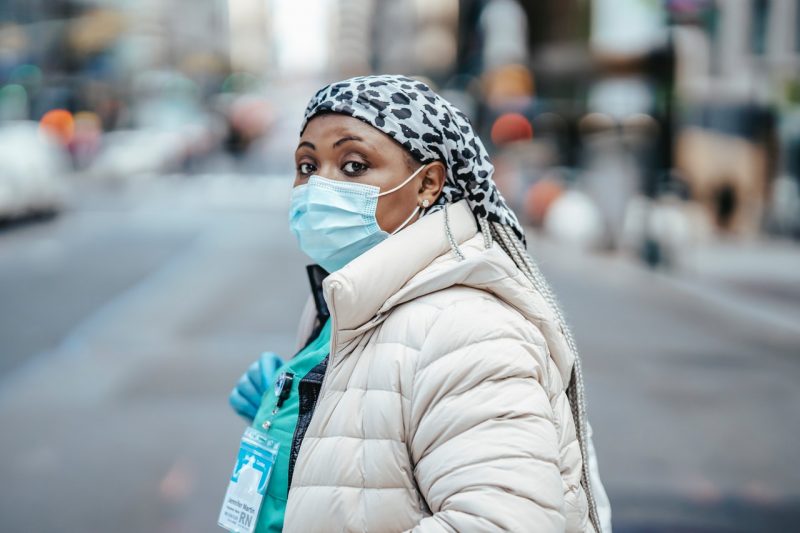Table of Contents
Once considered safe, now you risk your health
The COVID-19 pandemic has revolutionized the workplace. While most services were shifted online, even more, could not be transformed. The jobs that were once considered safe have been altered to high-risk professions. Employees risk their own health coming to work and also expose their loved ones when they return home. So, shouldn’t they receive a hazard premium for coming to work in the epidemic times?
Who is more at Risk?
For most workers, working from home is not an option. These are:
· Essential healthcare workers
· Grocery store employees
· Mass transit operators
· Daily-wage earners
· middle- and low-income earners
· and all those who interact with customers and co-workers.
Requirement of Policies
The middle- and low-income earners don’t have enough bargaining power to ask their employers for compensation. The already high unemployment environment is coupled with a dangerous economy for businesses. That is why companies find it easier to simply let go of such employees. Heck, it was already happening in normal times, and now it has just gotten worse. Therefore, policies are required to protect employees and ensure they are fairly compensated for the high COVID risk. Nevertheless, you are most likely to get paid only if you have an in-demand skill or are working in a tight labor market.
A Complicated Decision
Some agencies have policies in place for work-related illnesses. For example, firefighters are at a high risk of developing lung cancer or other respiratory illness due to repeated exposure to smoke and fumes. However, such policies are unclear about the COVID. Generally, the community-spread illnesses – such as cold or flu – cannot be tied to a workplace. Therefore, the answer about COVID compensation is quite complicated. It also has the potential to be misused. Since contraction outside the workplace is highly possible as well. How can the company be considered liable in such a case?
The Rightful Thing
Although paying more might not be necessary, companies still consider it as a goodwill gesture. It’s one of those scenarios where doing something is ethically correct but not lawfully required. Like giving a tip when receiving waitering services. You can choose to skip the tip, but don’t you think they deserve it? Similarly, providing a hazard pay boosts morale and maintains employee recruitment and retention.
Successful Investment
Normal investments come with several questions. What are the risks? What is the return value? When will I receive my profit? And yet, providing premiums in the form of hazard pay is an investment that provides immediate returns. At a time when productivity is massively hindered, the result is a more engaged and stable workforce. It boosts company morale, maintains employee retention, and enhances recruitment.
Some employers may provide compensations in the form of medical expenses. They also cover a paid time off period in case you have been exposed to the virus. It’s an amazing start considering it is a cost for them in such a time. On the other hand, it does mean the person has to get sick to receive the relief. And that too can’t happen more than once, because the corporate cannot simply afford it.
Tough Time for All
It is no doubt that this is a tough time for all. The employees shouldn’t get hostile towards the managers because they are trying to keep their businesses afloat. And meanwhile, the bosses shouldn’t act like they are running a goat factory. They should be receptive to their worker’s needs. They do deserve a bonus in these unsafe circumstances. And under no condition, they should be placed in a situation to choose between health or livelihood. Hopefully, the pandemic will be over soon, and things will be back to normal.
team eaboute




